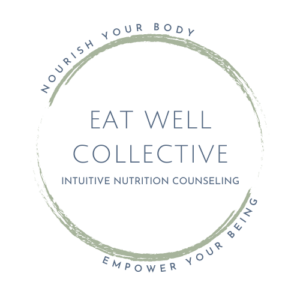Do you go along with the latest fad diet or nutritional hype? Have you recently been diagnosed with diabetes, high cholesterol, or heart disease? Do you feel powerless to food? If you have answered “yes” to any of these questions then you may benefit from meeting with a registered dietitian.
What is a dietitian?
A registered dietitian (RD) is a professional who has demonstrated professional expertise and excellence. RDs undergo rigorous academic training and extensive internship experiences before becoming eligible to take a national exam administered by the Commission on Dietetic Registration (CDR), the Academy of Nutrition and Dietetic’s (AND) credentialing agency. After passing the registration examination and becoming a RD, professionals complete ongoing professional education requirements to stay current in the field and maintain registration. RDs can work in a variety of different food and nutrition careers. The most commonly known career paths for an RD are working in the foodservice or in the treatment and prevention of disease as a part of medical teams, often in hospitals, private practice, and health care facilities. RDs can also work in community, public health, business, corporate wellness programs, journalism, sports nutrition, academia, research and other non-traditional work settings.
Is a nutritionist the same as a dietitian?
No, a nutritionist is not necessarily the same as a dietitian. The “RD” credential is a legally protected title that can only be used by professionals who are authorized by the CDR of the AND. Registered dietitians are upheld by ethical standards and provide evidence-based information. Some RDs may call themselves nutritionist, but it is important to remember that not all nutritionists are registered dietitians. The definition and requirements for the term “nutritionist” vary and the education and training of a nutritionist is undetermined.



